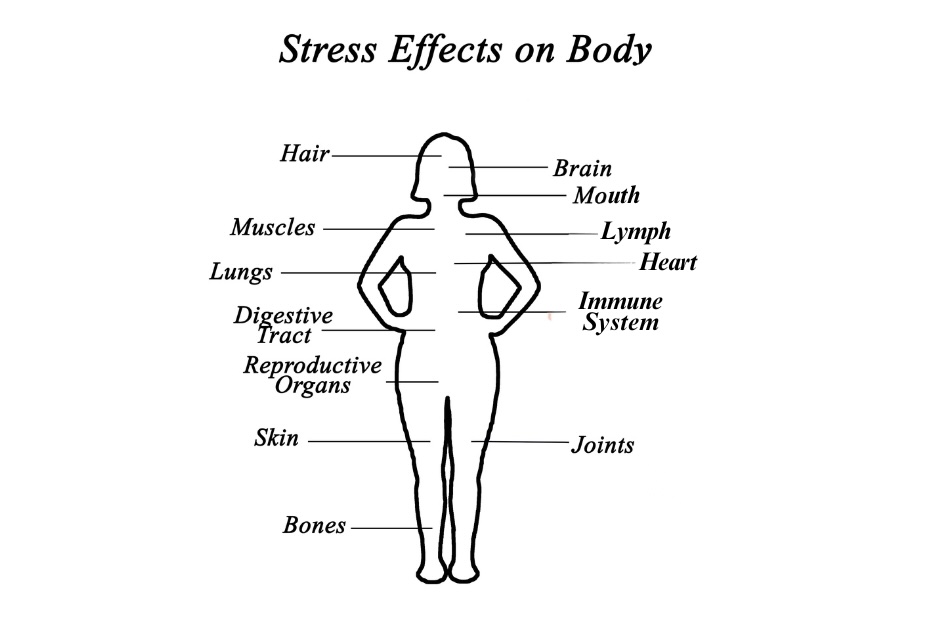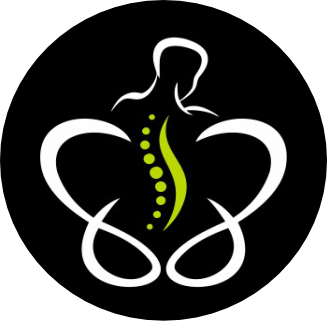In today’s fast-paced and demanding world, women often find themselves juggling multiple responsibilities and facing various sources of stress. From work deadlines to family obligations, it can be challenging to maintain a sense of balance and well-being. However, by implementing effective stress management techniques, you can learn to navigate the ups and downs of daily life with grace and resilience, positively impacting your peace of mind.
In this article, we will explore practical strategies for achieving a balanced life and prioritising self-care to reduce stress levels and enhance overall wellness.
Understanding Stress for Women
Stress has become an increasingly prevalent issue in women’s lives, with studies showing that women are more likely to experience chronic stress compared to men. There are several reasons for this greater incidence of stress:
Societal Expectations
One major contributing factor to the high levels of stress in women is the pressure to juggle multiple roles and responsibilities. Women are often expected to balance work, family, relationships, and household tasks while meeting societal standards of beauty and success. This constant juggling act can lead to feelings of overwhelm and burnout, resulting in chronic stress.
Hormonal Activity
Hormonal fluctuations can play a role in women’s susceptibility to stress. Hormones such as estrogen and progesterone can impact mood and emotions, making women more susceptible to feelings of anxiety and stress during certain times of their menstrual cycle or menopause.
Sex Discrimination
Social factors like sex discrimination and gender inequality can also contribute to increased levels of stress in women. Women may face additional challenges in the workplace or society due to their gender, which can lead to feelings of frustration and helplessness. Women are also likely to experience sexual harassment or assault, with one study finding that 97% of women in the UK claim to have been sexually harassed in public.
Impact of Stress on the Body
Stress is a common experience that affects individuals in various aspects of their lives, from work to relationships and beyond. However, the impact of stress goes far beyond just mental and emotional strain. Research has shown that stress can have profound effects on the physical body as well, leading to a wide range of health issues.
What is Stress?
Stress is a natural response to challenging or threatening situations that trigger the body’s “fight or flight” response. It’s a physiological and psychological reaction when we feel overwhelmed, anxious, or under pressure.
When you experience stress, your body releases hormones like adrenaline and cortisol, which prepare you to deal with the threat your body perceives. The spike in these hormones increases heart rate, blood pressure, and muscle tension to enable the body to respond quickly to the situation at hand.

How Stress Affects the Body
While some level of stress can be motivating—and even beneficial in certain situations—chronic or excessive stress can negatively affect the body.
Prolonged exposure to stress hormones can:
- Weaken the immune system
- Disrupt sleep patterns
- Increase the risk of heart disease and stroke
- Contribute to mental health issues like anxiety and depression
In addition to physical health concerns, stress can also impact relationships, work performance, and overall quality of life. It can lead to irritability, mood swings, difficulty concentrating, and feelings of exhaustion or burnout.
Individuals need to recognise when they are experiencing high levels of stress and take steps to manage it effectively. This may include practising relaxation techniques like deep breathing or meditation, engaging in regular exercise, seeking support from friends or loved ones, setting boundaries at work or home to reduce overwhelming responsibilities. By understanding the definition of stress and its impact on the body, individuals can better prioritise self-care practices that promote overall well-being and resilience in the face of life’s inevitable challenges.
Stress Management Techniques for Women
Whether you’re a busy working mum, a student trying to navigate academic demands, or simply feeling overwhelmed by life’s obstacles, our effective stress management techniques can provide practical tips and strategies to help alleviate stress and improve your overall wellbeing and ability to deal with the normal ups and downs of daily life.
1. Mindfulness and Meditation Practices
Mindfulness and meditation practices are highly effective in helping women manage stress and improve their overall well-being.
Practising mindfulness and meditation helps women become present in the moment, reducing worries about the past or future. These practices enable women to understand their emotions without judgment, respond more skilfully to challenges, and cultivate self-compassion and well-being. Incorporating mindfulness into daily routines can improve communication skills, empathy, and relationships, while also building resilience and inner strength in adversity.
2. Exercise and Physical Activity
Studies have shown that engaging in regular physical activity not only boosts mood and energy levels but also helps to reduce stress levels. When you engage in regular physical activity, your body releases endorphins – often referred to as “feel-good” hormones. These chemicals act as natural painkillers and mood elevators, helping to reduce feelings of anxiety and stress.
What’s more, engaging in physical activity can also help you better cope with stress over the long term. Regular exercise has been shown to improve sleep quality, increase energy levels and boost self-esteem—all of which can contribute to a more positive outlook on life.
3. Healthy Eating Habits
Healthy eating habits play a crucial role in managing stress levels. When we fuel our bodies with nutrient-rich foods, we are better equipped to handle the physical and emotional demands of daily life.
A balanced diet comprising whole grains, lean proteins, fruit and vegetables helps regulate blood sugar levels, preventing energy crashes and mood swings. Nutrient-dense foods provide sustained energy, helping with stress management and resilience. Foods that are rich in omega-3 fatty acids, like fish and nuts, support brain health and mood stability, reducing anxiety and depression. Furthermore, consuming anti-inflammatory foods such as leafy greens, berries, and turmeric can lower chronic inflammation, which is linked to mental health disorders, thereby protecting mental wellbeing.

4. Time Management Strategies
With the many responsibilities that women often juggle—from work and family obligations to social commitments and personal pursuits—effective time management is key to staying organised and feeling in control.
By implementing time management techniques, such as creating to-do lists, setting priorities, scheduling tasks, and practising delegation, women can better manage their time and focus on what truly matters most to them. This allows for more efficient use of time, which can lead to reduced feelings of overwhelm and anxiety.
5. Self-Care Practices
Taking time out for yourself might feel counter-intuitive when you’re busy and feeling anxious. However making the time to prioritise self-care can have a profound impact on reducing stress levels and improving your overall health.
One of the key ways that self-care helps with women’s stress is by providing an opportunity to relax and recharge. Whether it’s taking a bath, going for a walk, or just spending time with your friends, engaging in activities that promote relaxation can help you unwind and release built-up tension.
Self-care also allows women to focus on their own needs and priorities, which can be empowering and rejuvenating. By setting aside time for yourself, you can nurture your mental, emotional and physical health, leading to greater resilience in the face of stressors.
As a woman, prioritising your physical health will support your mental wellness. For information and advice about your pelvic health, an appointment with a women’s health physio can provide support and practical strategies for dealing with any physical problems you may be facing.

